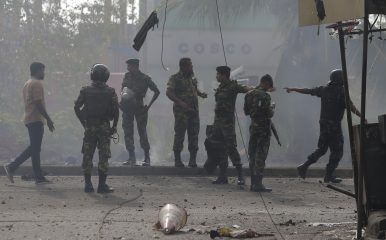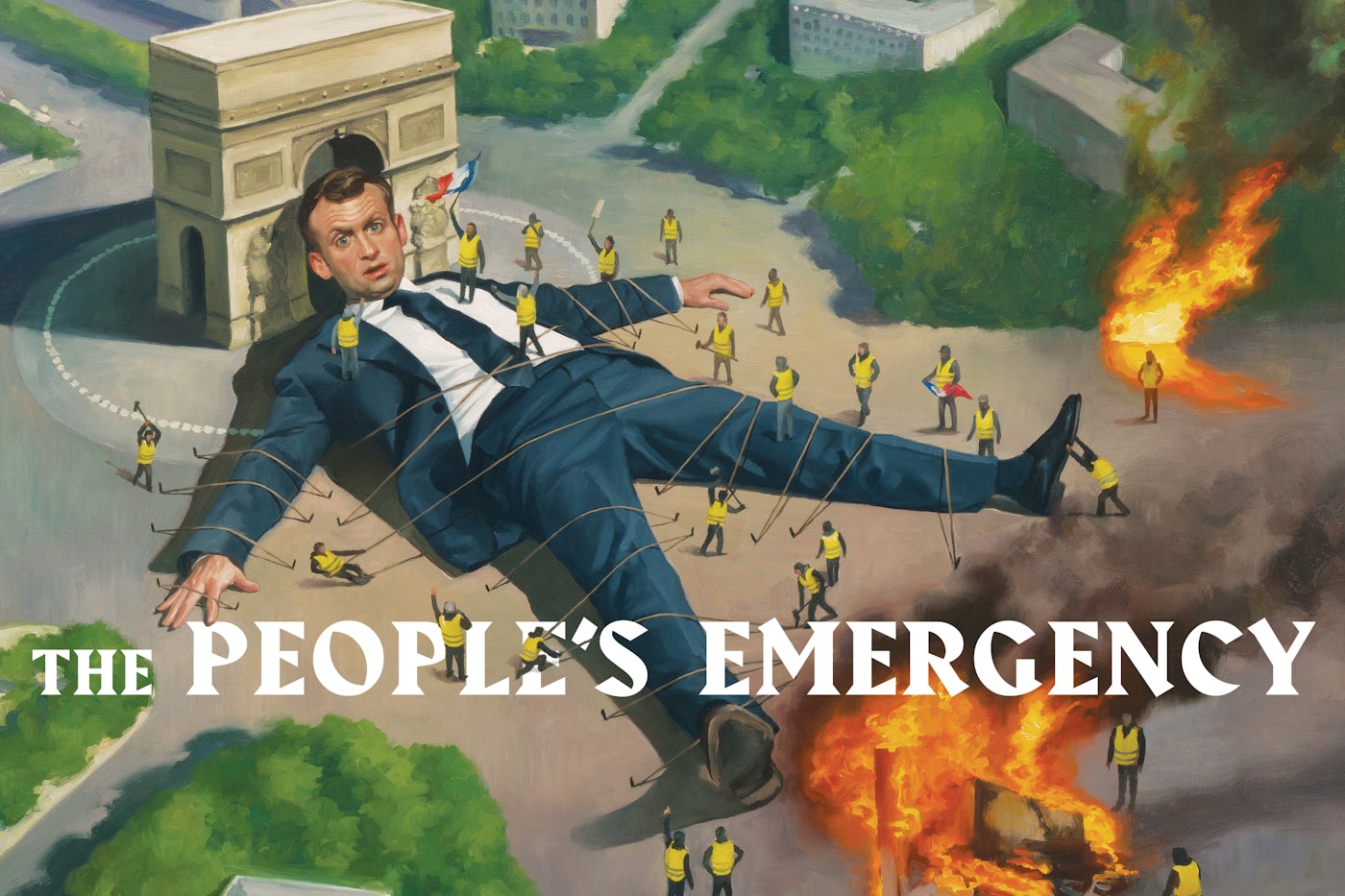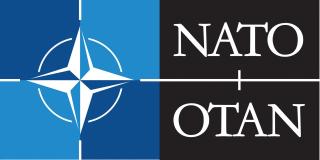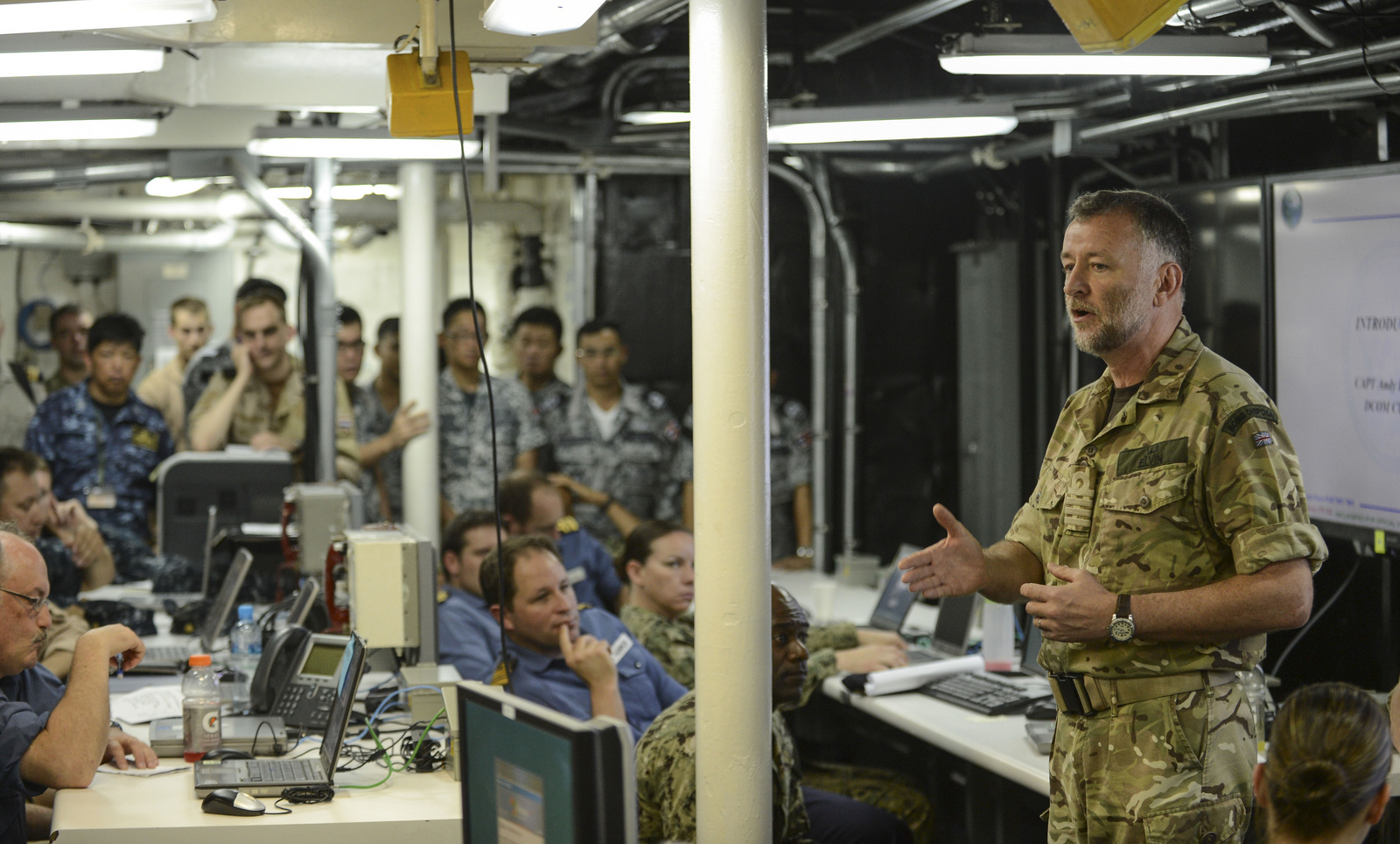Neeraj Chauhan and Sudhi Ranjan Sen
 India sent as many as three alerts to Sri Lanka, including one on the day of the Easter Sunday attack that left 321 people dead and 500 injured, according to senior intelligence officials familiar with the matter who spoke on condition of anonymity.
India sent as many as three alerts to Sri Lanka, including one on the day of the Easter Sunday attack that left 321 people dead and 500 injured, according to senior intelligence officials familiar with the matter who spoke on condition of anonymity.
The first alert was on April 4, and it came from investigations by Indian agencies that followed after the National Investigation Agency (NIA), in December 2018, stumbled upon the videos of National Thowheed Jama’at (NTJ) leader Maulvi Zahran Bin Hashim while probing the Islamic State (IS) Coimbatore module.
In the first alert, the agencies told Sri Lanka that, apart from churches, the Indian High Commission in Colombo could be a target. The second alert was sent a day before the attack and was even more specific than the first one in that it mentioned the possible targets, the officials said.













/arc-anglerfish-arc2-prod-mco.s3.amazonaws.com/public/IDATWG5AIVBD3EXMU6ZR76ETJQ.jpg)
